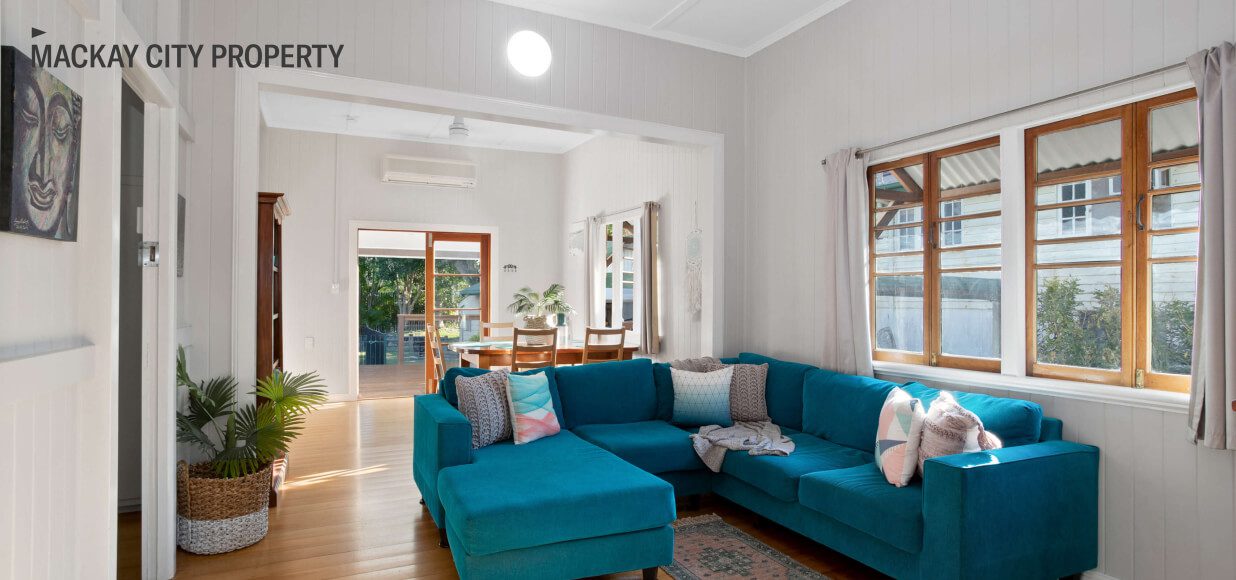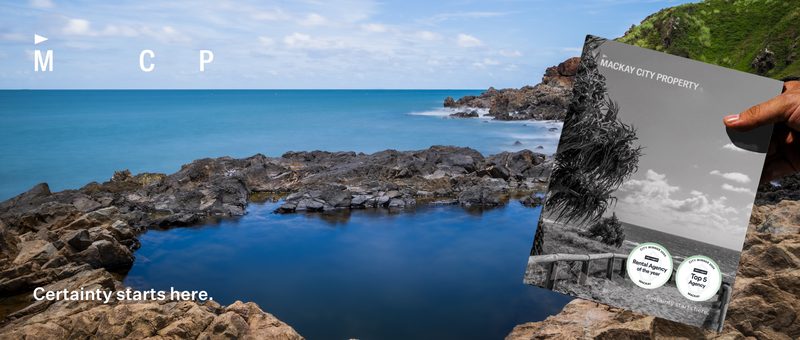REIQ says Overriding Rental Agreement Terms is Absurd
What is Rental Agreement in QLD
In Queensland, rental agreements are governed by the Residential Tenancies and Rooming Accommodation Act 2008 (the Act) and regulated by the Residential Tenancies Authority (RTA). Rental agreements in QLD, also known as tenancy agreements, outline landlords’ and tenants’ rights and responsibilities in a residential property.
Key points regarding rental agreements in Queensland:
1. Types of Rental Agreements: The Act covers general tenancy agreements (for houses, units, townhouses) and rooming accommodation agreements (for boarding houses, shared accommodation, etc.). The type of agreement depends on the nature of the rental property.
2. Written Agreement: It is advisable to have a written rental agreement to make sure everything is understood. A written agreement ensures clarity and provides a reference for both parties. While oral contracts are legally binding, a written agreement is preferred.
3. Essential Terms: A rental agreement in Queensland should include crucial terms such as the names of the parties involved, property address, duration of the tenancy, rent amount and payment details, bond amount and lodgement, and any special terms or conditions agreed upon.
4. Bond: Landlords can request a bond, a security deposit paid by the tenant, to cover any potential damages or unpaid rent. The bond amount should be four weeks’ rent for a general tenancy agreement. The bond must be lodged with the RTA within ten days.
5. Rent Payment: The agreement should specify the rent amount, payment frequency (e.g., weekly, fortnightly), and acceptable payment methods. It is common for rent to be paid in advance.
6. Rights and Obligations: The rental agreement outlines the landlord’s and tenant’s rights and responsibilities. This includes maintenance and repair responsibilities, entry conditions for the landlord, and obligations related to cleanliness, noise, and proper use of the property in Mackay.
7. Changes to the Agreement: Any changes to the rental agreement should be agreed upon by both parties and documented in writing. Both the landlord and tenant should retain a copy of the amended agreement.
8. Termination: The Act specifies the grounds and procedures for terminating a tenancy agreement. It covers situations such as non-payment of rent, breach of agreement, or mutual agreement to end the tenancy. The notice periods required for termination differ depending on the circumstances.
9. Dispute Resolution: In the event of a dispute between the landlord and tenant, the RTA provides a dispute resolution service to help resolve conflicts through negotiation, conciliation, or tribunal hearings.
Disclaimer: The information provided on this blog is intended for general informational purposes only. While we strive to present information in good faith, we do not consider specific situations, facts, or circumstances. Therefore, we make no representation or warranty, whether express or implied, regarding the accuracy, adequacy, reliability, validity, availability, or completeness of the information presented.
This blog may include links to external sites or content from third parties. We do not investigate or monitor such external links for accuracy, adequacy, validity, reliability, availability, or completeness. Consequently, we cannot be held liable or responsible for any information contained therein.



